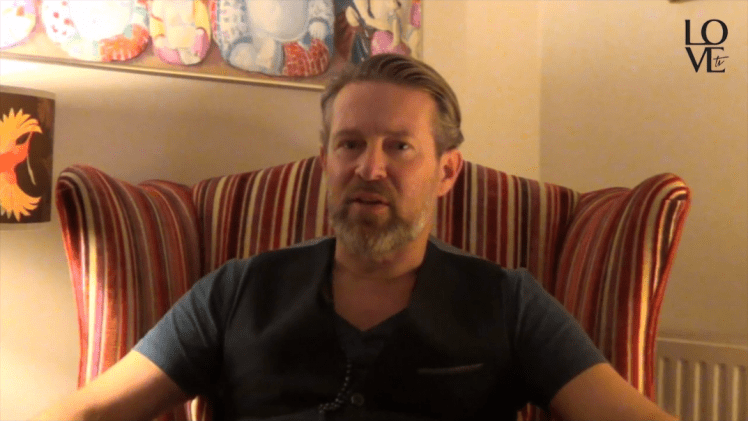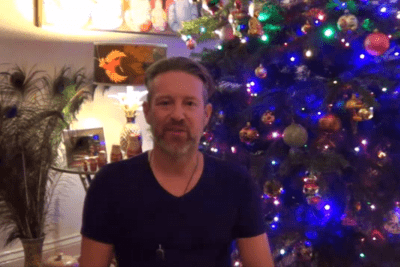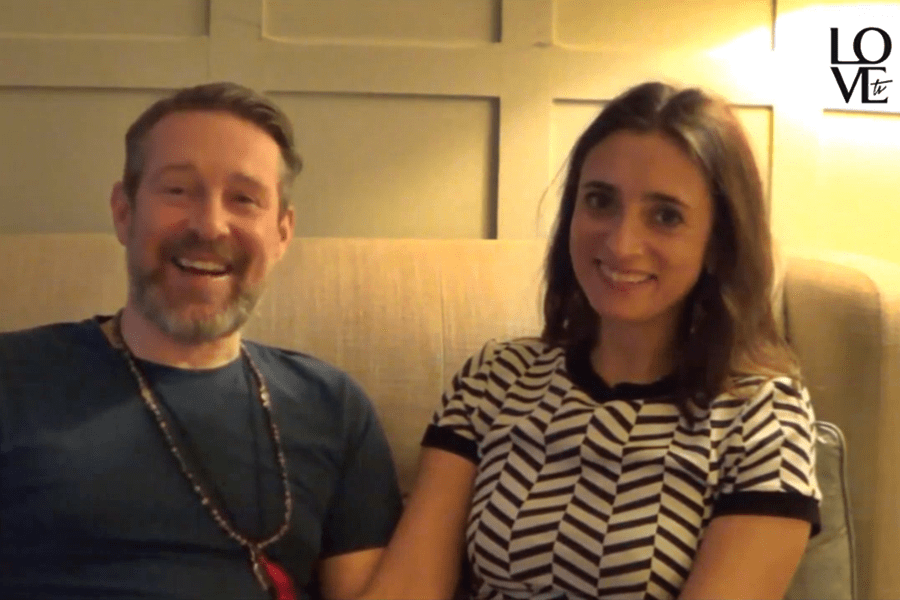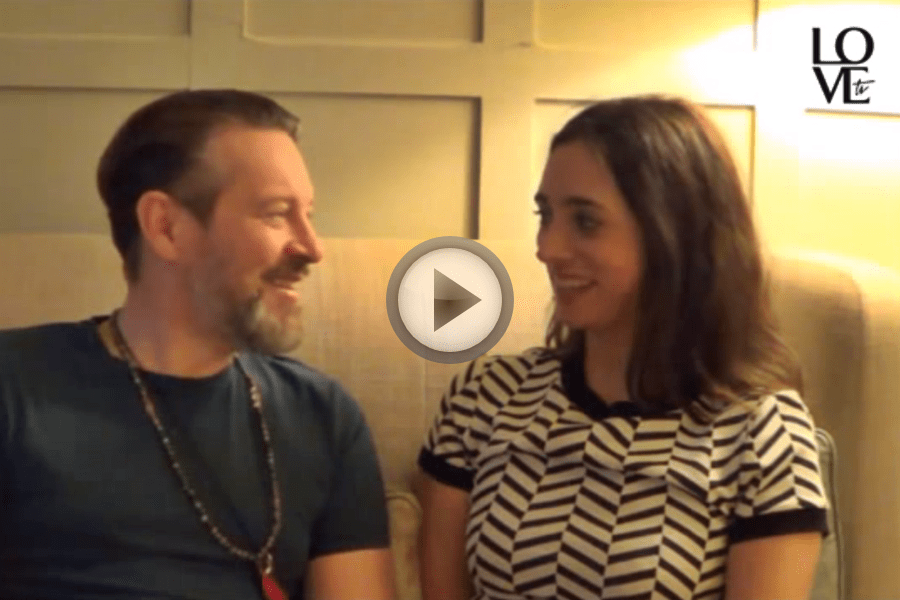Sex is such a variety of activities, that the only thing they have in common is the energy that arises in us; the felt experience. As suggested, this energy can move from not being felt at all to a highly charged state. How does his happen? How do we create the flow of desire that allows us to experience sex as a process, happening over time? The clue is to look at the difference between sensual and sexual energy.
Sensual energy refers to the experience arising from our senses; from smell, touch, taste, sound and a felt sense. Sensuality is a whole body experience in the sense that all body parts and all senses are able to experience pleasure, and a sensual experience is defined by creating a general sense of wellbeing. Because sensuality arises from the senses it is experienced in the moment, and it is an experience with no urge to ‘go anywhere’. This is why we can be sensual, ‘cuddly’ with our friends, pets and children, where sexual energy would be inappropriate. In relation to others, sensual energy is therefore first and foremost a connective energy. It brings us into embodied presence with the other, which creates a sense of wellbeing. Neurologically, our parasympathetic nervous system is activated, which makes us feel relaxed, loving and open.
Sexual energy is different. Although sexual energy can be felt in the whole body, it has a specific focal point that gives it a particular quality. This focal point is mainly felt and experienced in the genitals, and even though other body parts can be stimulated, the main focus keeps returning to the genitals. Also, it is innately charged with an increasing intensity. Sexual energy gives us the feeling that it wants to “go somewhere”; it wants to peak in the orgasm and discharge the energy. Compared to sensual energy as embodied presence, sexual energy therefore feels much more goal oriented. In essence it is a drive. It is the life force energy that wants to express itself. Connection and pleasure of the moment thus becomes secondary to this urge for the ultimate pleasure. It can feel like something, the energy itself, is taking over. We surrender, ultimately, to the orgasm; and in that we surrender to something greater than ourselves.
Fulfilling sex consists of an interplay between sensual and sexual energies. It is embodied presence with the other as well as life force energy wanting to express itself in the ultimate surrender. If we think that sex is about genital contact until we orgasm, we get trapped in a reductive idea of sex. This is very much the reductive focus of pornography. Ultimately this deprives us from the pleasure and energetic connection that is authentically experienced in the moment. By consisting of sensual and sexual energies, sex can be a full body, connective experience of flow. For this to happen we need to allow both sensual and sexual energies to arise and be expressed. Sensuality gives us the connectivity, and sexuality gives us the urge to surrender.
In understanding our desire, thus, we need to understand that sensual and sexual energies are both part of our sexual expression. Which one do we feel comfortable with, and which one would we like to express more fully?



 Watch as Mike Lousada talks about Sensations, Feelings and Emotions.
Watch as Mike Lousada talks about Sensations, Feelings and Emotions.
